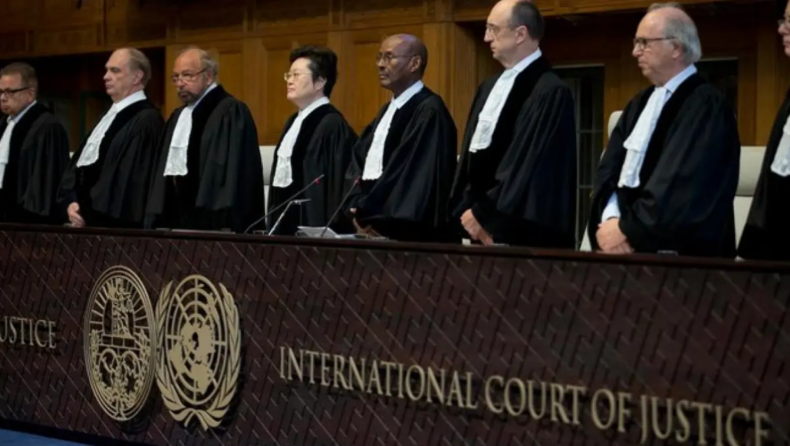Germany petitions the International Court of Justice to deny Italy reparations for Nazi atrocities.

After an earlier finding that such claims breached international law, Germany launched a lawsuit against Italy in the United Nations’ highest court, alleging that Rome had continued to enable victims of Nazi war crimes to seek compensation from the German government notwithstanding the verdict.
Germany’s application to the International Court of Justice (ICJ), which was published on the court’s website late on Friday.
It claims that Italy persists in allowing compensation requests to be brought in domestic courts despite the ICJ’s 2012 ruling that doing so violated Berlin’s international law-guaranteed right to immunity.
According to Berlin, more than 25 fresh compensation claims against the German state for damages originating from Nazi atrocities committed during World War II have been submitted in Italy since the 2012 verdict.
In a large number of these instances, courts have ordered Germany to compensate the victims. According to reports, Italian courts are attempting to take assets in Rome held by the German state in order to pay the claims in two such cases.
Germany claims it has brought the case to the International Court of Justice (ICJ) now because an Italian court has stated that it will decide by May 25 whether or not to order the sale of the buildings, which include some that house German cultural, archaeological, historical, and educational organisations.
Berlin has urged the court to impose so-called interim measures to guarantee that Italy does not publicly auction off the land while the court considers the broader matter of compensation claims brought by the German government.
Although no date has been scheduled for the hearing on provisional measures, it is likely to take place within the next several weeks.
It often takes years for the International Court of Justice, sometimes known as the World Court, to reach a final ruling in a case.
The controversy over World War II compensation claims began in 2008, when Italy’s highest court determined that Germany should pay almost one million euros to the relatives of nine deceased who were among the 203 people murdered by the German troops in Civitella, Tuscany, in 1944, according to Italian law.
Following that, a number of similar compensation claims were filed.
Since the war ended in 1945 with the collapse of the Nazi dictatorship, Germany has contended that it has already paid for World War Two injustices via comprehensive peace and reparations accords with afflicted nations, resulting in billions of euros in payments since the war’s conclusion.
Edited by – Vanshika Sahu
Published by – Mohd Faizan













